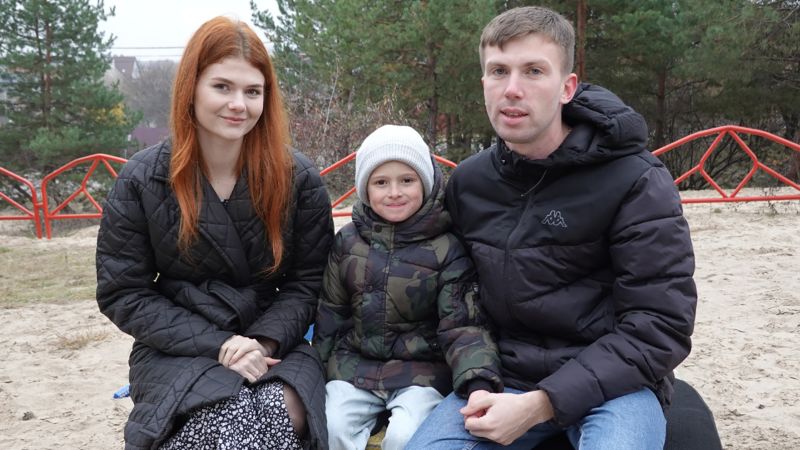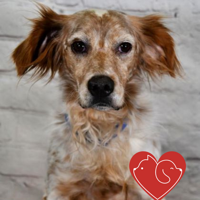The Linda McNatt Animal Care & Adoption Center, which has been in operation since 2015, was at capacity when it decided to hold an early shelter release event from June 27 to July 2.
However, in a June 30 news release, the city postponed all cat adoptions, surrenders and admissions for 10 calendar days due to an outbreak of calicivirus, a highly contagious cat virus that has spread across the refuge.
The virus is not fatal but causes an upper respiratory tract infection in felines. “It’s so easily transmitted,” said Tiffany Thomson, human resources manager for the city of Denton. “A little kitten sneezes and the room full of kittens has the potential to catch it.”
While every cat the shelter takes in is vaccinated, including for calicivirus, they take every precaution to prevent further spread by putting towels on the cats’ cages and giving them antibiotics to help boost their immune systems. .
They also contacted all new owners of cats who adopted during the event before noticing the infection and educated them on how to watch for symptoms.
The shelter clearing event preceded Denton’s fireworks display which took place on July 3 at North Lakes Park, located near the animal shelter.
“It’s so easily transmitted.” – Tiffany Thomson, City of Denton
Tweet that
Some feared that the fireworks would hurt or disturb the animals at the center. But Thomson said the event happened not because of the city’s display, but because the shelter was already at capacity.
“Often shelter cleaning takes place in August, but the summer hours are the busiest months for animal services, so we just took the opportunity to step up and do that too” , Thomson said.
The infection probably came from two cats taken in by the center, a domestic and a wild one, who had the virus when they arrived.
“Also, what more than likely happened was an asymptomatic cat came in here and didn’t know they had it,” Thomson said. “[We] always vaccinated against it, but if he already excretes this virus, it is very difficult to contain.
Calicivirus does not affect dogs, so dog adoptions continued until July 3.
“I really appreciate the public support. It’s always difficult when you have a virus in a shelter. We try to do everything to mitigate that when that happens,” Thomson said. “Hopefully we’ll be up and running…with our cat adoptions [after the 10 days]. But dogs, ready to go, come get a dog. They need a home.
In mid-June, an outbreak of canine distemper forced several Texas SPCA shelters to temporarily close.
Last November, dogs at Dallas Animal Shelter experienced an upsurge in distemper and upper respiratory infections.
 Christ Yoder
Christ Yoder
/cloudfront-us-east-1.images.arcpublishing.com/gray/ODYKQRO5GRGJREMXBZNK5UFIX4.jpg)


